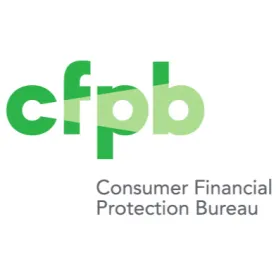The Consumer Financial Protection Bureau (“CFPB”) has continued to ratchet up its regulatory scrutiny over the consumer financial services market. On January 26, 2022, the CFPB published an initiative seeking public input on so-called “junk fees” in consumer financial services. According to the CFPB, “junk fees” occur where: (i) fees are charged for things consumers believed were covered by the baseline price of a product or service; (ii) fees are unexpected; (iii) the expense of the fee is greatly disproportionate to the cost of the service; or (iv) it is unclear why a fee was charged. The CFPB contends that “junk fees” are detrimental to the market for financial services because they “obscure the true price” of a service by, for example, offering attractive introductory pricing, but then make up the difference by levying various back-end fees on consumers.
The bulletin expressly identified credit card late fees and checking account overdraft fees as potential “junk fees” that obscure the true pricing of services and undermine a competitive market in financial services. The purpose of the bulletin is to obtain public input on consumer fees in financial services to “craft rules, issue industry guidance, and focus supervision and enforcement resources” to attempt to strengthened competition in consumer finance and reduce the incidence of alleged “junk fees.”
The bulletin links to the CFPB’s Request for Information Regarding Fees Imposed by Providers of Consumer Financial Products or Services (“RFI”), which asks consumers to identify fees associated with “bank, credit union, prepaid or credit card account, credit card, mortgage, loan, or payment Transfers.” Beyond the deposit account and credit card fees identified in the CFPB’s bulletin, the RFI also seeks consumer testimonials concerning fees associated with (i) remittances and payments (wire transfer/ACH, etc.); (ii) prepaid card fees; (iii) mortgage fees; and (iv) fees associated with other types of loans, such as student loans, auto loans, or payday loans. Given the language in the RFI and the bulletin, it is possible the Bureau may go after consumer finance fees, even when such fees are well disclosed, if it perceives a strong disconnect between the amount of the fee and cost of the service resulting in the fee.
The CFPB’s continued focus on fees for financial services is likely to spur an active plaintiff’s bar that has created a cottage industry of pursuing class action lawsuits against financial institutions alleging insufficient disclosures with respect to consumer banking fees. The risks associated with these types of consumer class actions are not insignificant. A court recently approved an award of fees to class action plaintiff’s counsel of $25 million, to be paid from a $75 million settlement fund, in a consumer class action targeting bank fees. Financial institutions should also brace themselves for increased regulatory examinations and the potential for enforcement actions in the wake of any conclusions the CFPB draws from the RFI.



 />i
/>i

